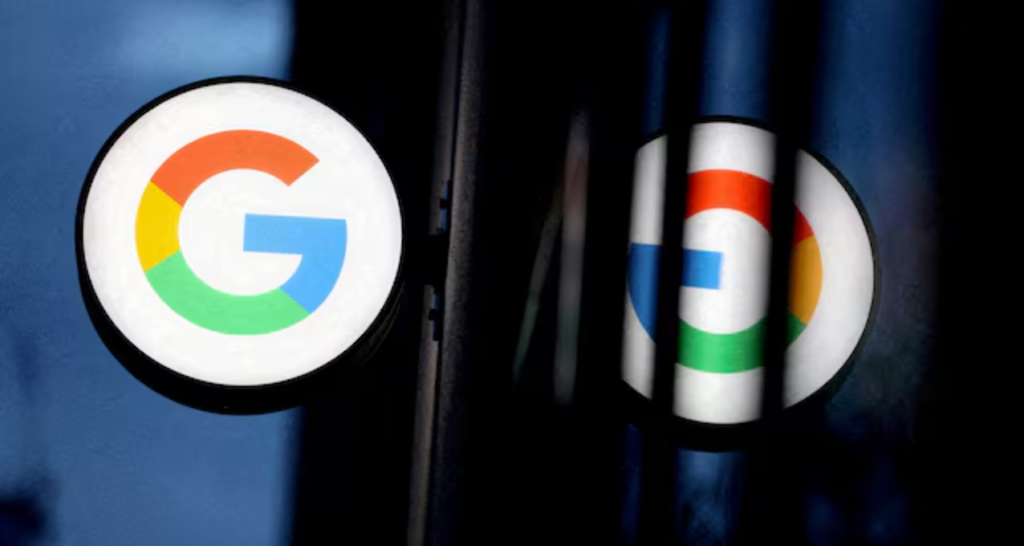In a significant legal victory, Google has successfully defended its use of “YouTube Shorts” against a trademark lawsuit brought by Shorts International, a British company specializing in short films. The ruling, delivered by London’s High Court, concluded that there was no risk of consumer confusion between the two entities, allowing Google to continue using the “Shorts” branding for its popular short video platform.
Background of the Lawsuit
Shorts International, a television channel dedicated to short films, filed the lawsuit in 2023, alleging that Google’s use of the term “shorts” infringed upon its trademark. The company claimed that the similarity in names could lead to confusion among consumers, mainly as YouTube Shorts was launched in late 2020 in response to the rising popularity of platforms like TikTok.
YouTube Shorts allows users to create and share minute-long videos, providing a quick and engaging way for content creators to connect with their audiences. As competition in the short-form video space intensifies, the branding associated with these platforms becomes increasingly important.
Court Ruling and Key Arguments
During the trial, Google’s legal team, led by attorney Lindsay Lane, argued that it was “abundantly clear” that the Shorts platform originated from YouTube. The court agreed, with Judge Michael Tappin stating in his written ruling that there was no likelihood of confusion regarding the origin of the platform. Given its branding and marketing efforts, he emphasized that consumers would readily associate the “Shorts” feature with YouTube.
Furthermore, Judge Tappin noted that Google’s use of the term “shorts” would not damage the distinctive character or reputation of Shorts International’s trademarks. This ruling underscores the importance of brand identity and recognition in trademark cases, particularly in a crowded digital marketplace where names and logos can easily overlap.
Implications for Google and YouTube
The ruling is a significant win for Google, allowing it to maintain and expand its presence in the competitive short video market without the burden of a protracted legal battle. YouTube Shorts has rapidly gained popularity, providing content creators a platform to reach wider audiences and engage with viewers innovatively.
Google’s victory also highlights the tech giant’s commitment to fostering a vibrant ecosystem for creators. By investing in features like Shorts, Google is positioning YouTube as a go-to destination for short-form content, aiming to rival TikTok and other emerging platforms.
Broader Impact on the Tech Industry
This case emulates the challenges tech companies face regarding branding and trademark issues in an ever-evolving digital landscape. As platforms continue to innovate and adapt to changing consumer preferences, the potential for trademark disputes increases. This ruling could set a precedent for future cases involving tech giants and smaller companies vying for brand recognition in similar markets.
Moreover, the outcome reinforces that a strong brand presence and market recognition can be critical in trademark disputes. Establishing a unique identity becomes paramount for startups and smaller companies, particularly in competitive sectors like social media and digital content.
The Future of Short-Form Content
As short-form video content continues to gain traction, platforms like YouTube Shorts will likely play a significant role in shaping the future of digital media. The popularity of bite-sized content aligns with changing viewer habits, as audiences increasingly prefer quick and engaging videos over longer formats.
This trend is reflected in the success of platforms like TikTok, which has redefined how content is consumed and shared. YouTube Shorts aims to leverage its existing user base and resources to capture a share of this growing market. Google’s recent legal victory provides the necessary stability to pursue these ambitions.
Conclusion
Google’s successful defence against Shorts International’s trademark lawsuit serves as a crucial reminder of the complexities surrounding branding and trademark rights in the tech industry. As platforms like YouTube Shorts continue to evolve and compete in the rapidly changing landscape of digital content, the importance of maintaining distinct and recognizable branding will only grow.
This ruling protects Google’s interests and highlights the broader implications for trademark law in the tech sector. As competition intensifies, companies must navigate the legal landscape carefully to preserve their branding efforts while fostering innovation and growth in their respective markets.


